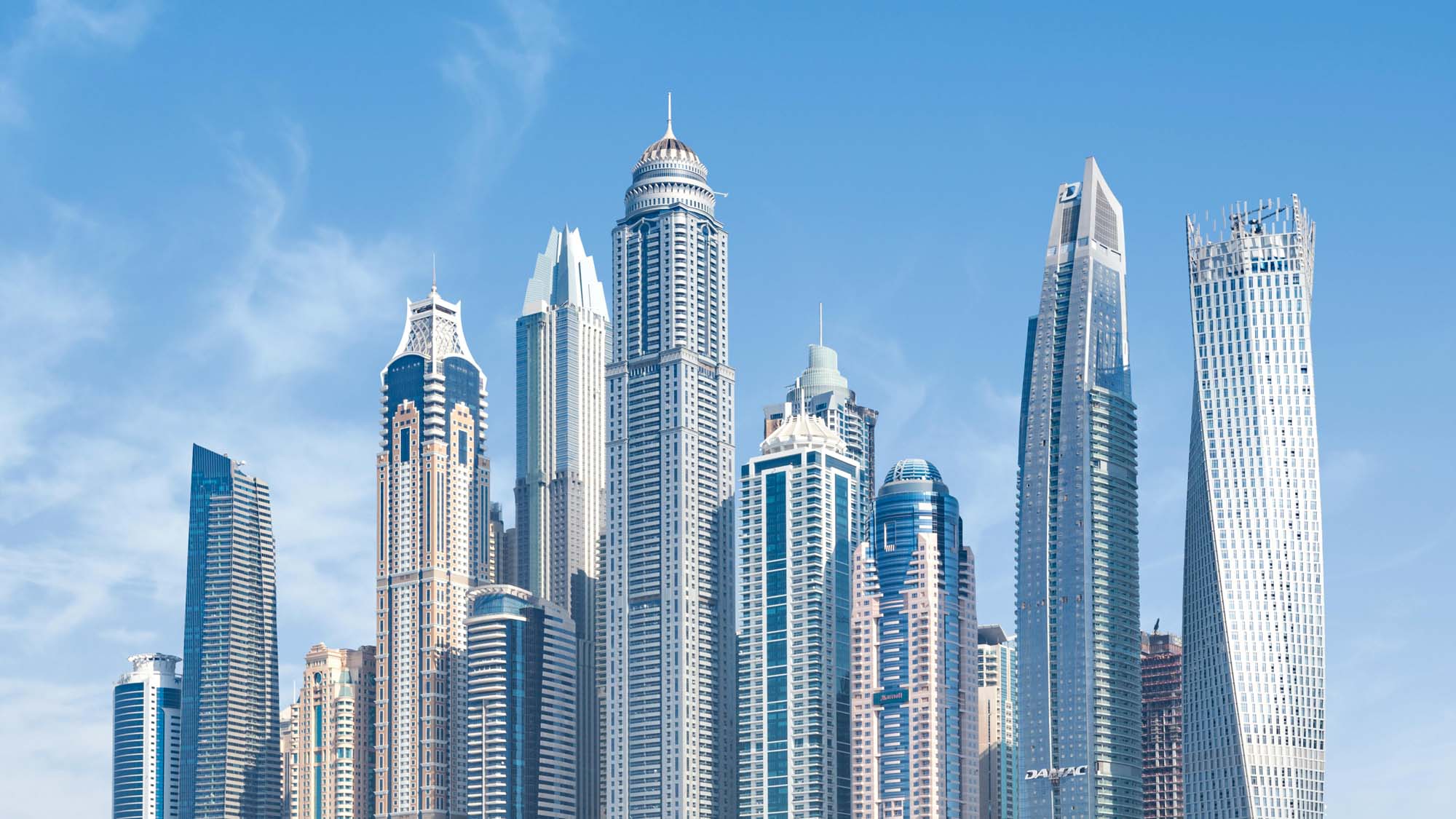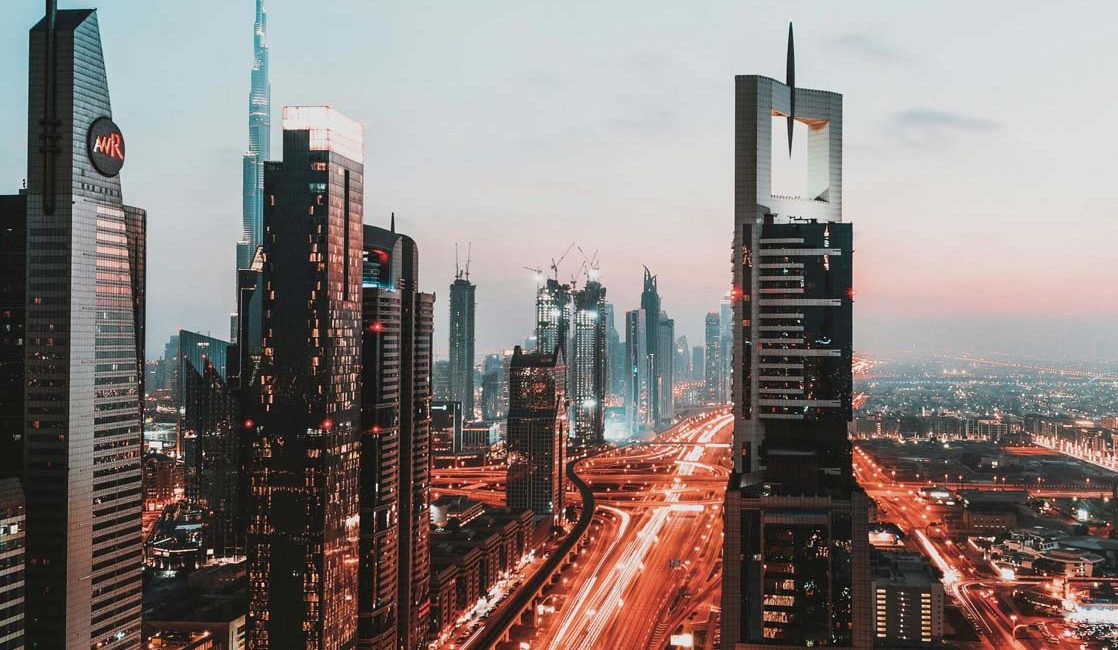Tips for Moving to Dubai: What You Need to Know
Tips for Moving to Dubai: What You Need to Know
Dubai, one of the world’s fastest-growing cities, offers an exceptional quality of life, lucrative career opportunities, and a vibrant cultural mix. Relocating to Dubai can be an exciting yet challenging experience. To make your transition seamless, we’ve compiled a comprehensive guide on what you need to know before moving to this dynamic city.

Understanding Dubai’s Legal and Cultural Landscape
Visa Requirements for Moving to Dubai
Before relocating, securing the appropriate visa is crucial. The most common types include:
- Employment Visa: Issued by employers, this visa allows you to live and work in Dubai legally.
- Family Sponsorship Visa: Available for family members if the primary visa holder meets the income requirements.
- Investor or Golden Visa: For those who invest in businesses or property in Dubai.
- Freelance Visa: Ideal for individuals working independently in specific industries.
Be aware that the visa application process requires submitting key documents such as your passport, photographs, medical fitness test results, and a formal job contract (if applicable).
Adhering to Local Laws and Etiquette
Dubai has a diverse and tolerant environment but understanding and respecting the local laws and customs is essential. Some key points include:
- Dress Code: Modesty is appreciated in public spaces. Swimwear is acceptable at beaches and pools but not elsewhere.
- Alcohol Consumption: Permitted only in licensed venues. Residents must have a liquor license for personal consumption at home.
- Public Behaviour: Avoid public displays of affection, loud arguments, or gestures that may be considered offensive.
Language and Communication
While Arabic is the official language, English is widely spoken and serves as the business lingua franca. Knowing basic Arabic phrases can be helpful and demonstrate cultural respect.
Financial and Housing Considerations
Cost of Living in Dubai
Dubai offers a luxurious lifestyle, but it’s essential to budget wisely. Key expenses include:
- Housing: Monthly rent can vary significantly, from AED 3,000 for studio apartments to AED 15,000 for luxury homes in prime locations.
- Utilities: Water, electricity, and internet may cost between AED 500 to AED 1,500 monthly.
- Groceries and Dining: Weekly grocery bills average AED 400–AED 700, while dining out can range from AED 50 for casual meals to AED 500 at fine-dining establishments.
Choosing the Right Neighborhood
Dubai’s neighborhoods cater to different lifestyles and budgets:
- Downtown Dubai: Ideal for professionals seeking proximity to business districts and nightlife.
- Dubai Marina: Popular with expatriates, offering waterfront living and luxury apartments.
- Jumeirah: Best for families, with access to top schools and beaches.
- Deira: Affordable housing options and a rich cultural vibe.
Banking and Financial Setup
Opening a local bank account is crucial for managing finances. Popular banks include Emirates NBD, Dubai Islamic Bank, and HSBC. Required documents typically include:
- Passport and visa
- Emirates ID
- Salary certificate or proof of employment
Education and Healthcare in Dubai
Schooling Options for Families
Dubai offers world-class education with a variety of curricula, including British, American, Indian, and IB. Some well-regarded schools are:
- GEMS Education
- Dubai American Academy
- Repton School Dubai
School fees vary widely, from AED 10,000 to AED 100,000 annually. Be prepared for additional expenses such as uniforms, books, and extracurricular activities.
Accessing Quality Healthcare
Dubai’s healthcare system is advanced, with both public and private facilities offering excellent services. Key points include:
- Health Insurance: Mandatory for all residents. Employers usually provide insurance, but additional coverage may be beneficial.
- Top Hospitals: Dubai Healthcare City, Mediclinic, and Emirates Hospital offer specialized care.
Navigating Daily Life in Dubai
Transportation
Dubai’s public transportation is efficient, clean, and affordable. Options include:
- Dubai Metro: A fast and reliable way to travel between major areas.
- Buses and Taxis: Available across the city, with fares regulated by the Roads and Transport Authority (RTA).
- Car Ownership: Renting or purchasing a car is common. Ensure you have a valid UAE driving license.
Weather and Climate
Dubai’s climate is hot and arid. Summers can reach up to 50°C, while winters are mild and pleasant, ranging between 15°C and 25°C. Air-conditioned spaces are abundant, making life comfortable year-round.
Opportunities and Challenges of Living in Dubai
Employment Opportunities
Dubai offers excellent job prospects in sectors like finance, real estate, hospitality, and technology. Leverage platforms like LinkedIn, Bayt, and GulfTalent to explore opportunities.
Cultural and Social Integration
Dubai’s expat community is welcoming, but integrating with locals can provide a deeper cultural understanding. Engage in community events, try local Emirati cuisine, and participate in cultural festivals like Eid and National Day.
Potential Challenges
Some common challenges include:
- Initial Costs: Relocation can be expensive, with upfront payments for rent and visa processes.
- Cultural Adjustment: Learning to navigate cultural norms may take time for some.
- Traffic and Commute: Peak hours can result in heavy traffic, particularly on Sheikh Zayed Road.
Conclusion
Moving to Dubai is a life-changing decision filled with opportunities and experiences. By understanding the city’s legal, financial, and cultural landscape, you can make your transition smooth and fulfilling. From securing the right visa to choosing the perfect neighborhood, planning ahead ensures that you can embrace all that Dubai has to offer.


1 Comment